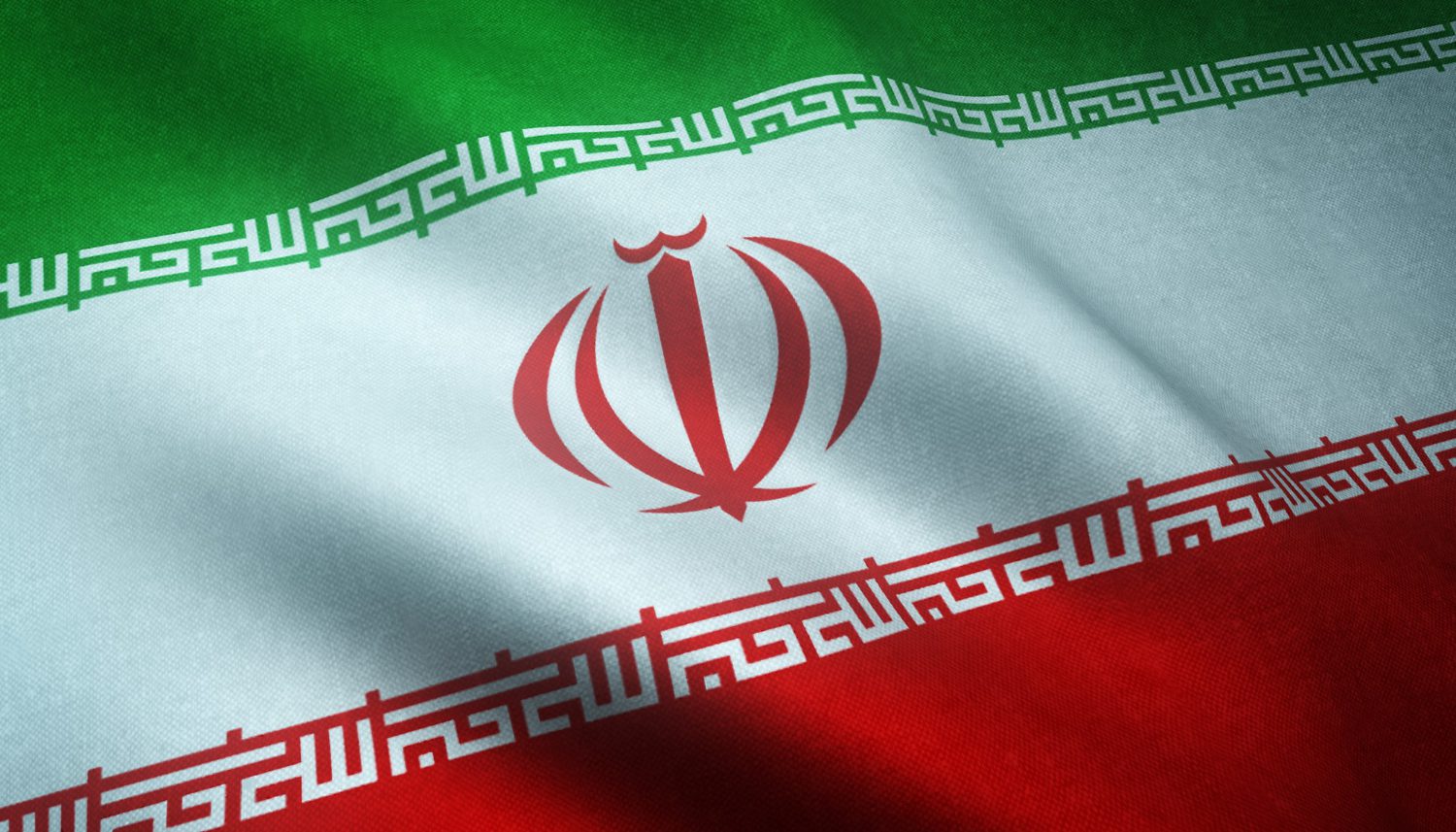Anger over Iran’s nationwide protests continues to rage, and a second person has been executed as a result.
The Mizan news agency, which is associated with Iran’s judiciary, said Majidreza Rahnavard was hanged in Mashhad on Monday for “moharebeh,” or enmity against God.
An Attempt to flee the country was also included in the charges against him.
The Iranian judiciary publishes detailed accounts and pictures of the alleged crimes and trials of individuals arrested for protesting, but its legal process, in which dubious charges are pressed with little evidence and without representation for the accused, has been widely condemned.
The Ministry of Justice has pledged to process protest-related cases as quickly as possible.
Individuals with knowledge of the hearings said that detainees were tortured into giving forced confessions before closed-door hearings.
Human rights organisations put the number of people detained since September when anti-government protests began at over 18,000. Activists say 12 more people are at imminent risk of execution.
An individual named Mohsen Shekari was the first to be executed, accused of injuring a member of the Basij militia, which has led the government’s brutal counter-demonstrations.
Heavy security presence accompanied his burial Friday in the capital, where he was hanged the previous day.
Last week, five people were sentenced to death over the killing of a Basiji member in Karaj, western Iran. Tehran, one of the world’s largest executioners, has defended capital punishment as ‘just’.
Tehran says that 500 people have been killed during three months of nationwide protests, which it characterizes as “uprisings”, since Mahsa Amini died days after she was detained by Tehran’s morality police.
International condemnation of Iran’s ongoing suppression of protests, which has weakened its currency to a new low against the US dollar, is continuing.
On Sunday, the rial was trading at 370,000 to the dollar, down from 368,000 last Thursday as the nuclear deal’s revival efforts stalled.
Iran’s nuclear programme was controlled under the deal by restricting its currency exchange ratio to 32,000 rials per dollar. The accord began to break down in 2018 when Donald Trump, president of the United States at the time, withdrew the United States from the agreement and reimposed sanctions on Tehran.
A Turkish businessman was recently sanctioned by the US for arranging oil sales and money laundering for the Islamic Revolutionary Guard Corps in Iran.



















